On Thursday 9th November 1961 a man named Brian Epstein descended the stairs to a cellar in Liverpool and change the world forever….according to the promotional blurb for “Midas Man”, the biopic about the legendary music manager Brian Epstein who “discovered” The Beatles. The film’s title implies, similar to the fairy tale king, that everything Brian Epstein touched turned to gold.
However, the almost forgotten facts are very different to film scripts and official narratives. Not every band’s fortune that Brian Epstein touched turned to gold when they signed to his NEMS Enterprises management.
Most Beatles’ fans and boomers will remember the names of the other successful acts that Brian Epstein managed: Cilla Black, Gerry and the Pacemakers and Billy J. Kramer and the Dakotas. But those were just four of the acts managed by Epstein.
There were others who most people have forgotten or have never heard of, whose fortunes were more akin to King Midas in reverse, to quote The Hollies old song title.
Those bands who did not reach “The Topper Most of the Popper Most” under Epstein’s management included Tommy Quickly, Paddy Klaus and Gibson, The Moody Blues, The Fourmost, The Big Three and The Cyrkle
Epstein took over the management of The Moody Blues in September 1965. Despite the “Midas Man” title of the forthcoming film, his taking over of their management did little for The Moody Blues – they became the only band to be dropped by his NEMS Enterprises management company. But let’s not jump the gun here….
King Midas in Reverse
Tommy Quickly was born Thomas Quigley, 7 July 1945, in Norris Green, Liverpool, England
Quickly was the first solo singer to join the roster of groups signed to Brian Epstein’s NEMS Enterprises management group. While Quickly's voice was best suited to rhythm and blues, Epstein steered him toward pop songs, starting with his first single, "Tip of My Tongue", written by John Lennon and Paul McCartney of the Beatles.
Despite being written by Lennon and McCartney, "Tip of My Tongue" was a flop, as were his next four singles. But his fifth single, "Wild Side of Life", did make into the Top 40 UK Singles Chart, spending eight weeks there.
Quickly was offered another Lennon-McCartney song "No Reply", but when he failed to release it, the Beatles took it back and recorded it themselves – it became the opening track on their December 1964 “Beatles for Sale” album.
Quickly appeared on the bill of the “Fab Four’s” first Christmas Show with other NEMS acts: Cilla Black, Bill J. Kramer and the Dakotas and The Fourmost. Also, on the bill was disgraced Australian entertainer Rolf Harris, whose career ended when he was convicted in 2014 of the sexual assault of four underage girls.
It has been reported that Quickly had a fragile nature and being slightly immature was quite heavily into drink and drugs at one time, and that was the main cause of his downfall as it made him difficult to handle and when under the influence was often unable to sing in tune despite having a good voice given the right material.
Quickly was ill-prepared for the spot light and left the music industry in 1965. For a short-time he hosted a British variety show for under-twelves, The Five O'Clock Club, his last appearance on the show and in any sort of spotlight being in January 1966. Late 1966 he spent time in Walton Hospital, Liverpool, suffering from a breakdown.
Paddy, Klaus and Gibson
Their name isn’t exactly as snappy as other “super groups” such as Cream. Formed in 1965, this Liverpool ‘supergroup’ featured Paddy Chambers on guitar (ex-The Big Three and The Escorts), Klaus Voormann on bass, and Gibson Kemp on drums (ex King size Taylor and The Dominoes).
Despite their three singles and the theme song to television’s Quick Before They Catch Us and the patronage of Beatles’ manager Brian Epstein, the trio failed to secure commercial success.
Paddy, Klaus and Gibson embarked on separate careers late in 1966 with Voormann securing subsequent fame as the illustrator of The Beatles “Revolver” album cover and also as a member of Manfred Mann and The Plastic Ono Band.
Three singles: “I Wanna Know” (1965); “No Good Without You Baby” (1966); “Teresa” (1966)
The Moody Blues
The Moody Blues could be considered the act that got away. While most acts that were dropped by Brian Epstein’s NEMS (or chose to leave his management company) failed to go on to bigger things, The Moody Blues went onto even greater success in the late sixties with classic albums such as “Days of Future Past” and early eighties best sellers “Long Distance Voyager” – all minus Denny Laine in the line-up.
The Moody Blues supported the Beatles on what was to be the “Mop Tops” last UK tour, December 1965, which is often referred to as the “lost” tour, as no film footage nor audio recording exists, only a few photographs survived, some including members of both bands.
Their one big hit “Go Now” reached No. 1 in the in the UK Singles Charts in late January 1965. Their debut album “The Magnificent Moodies” was released 23 July 1965 and was recorded between October 1964 and March 1965. In June 1966 Denny Laine left the band prompting Decca to release “Boulevard De La Madeleine”
Later, Denny would get his chance at Beatle-esque fame when he teamed up with Paul McCartney and his wife Linda in Wings in 1971, after having formed his own band The Electric String Orchestra, that saw little success and having done a stint with Ginger Baker’s Airforce along-side Steve Winwood and founding British Blues Boom bandleader Graham Bond and other rock notables.
The Fourmost
Despite Brian Epstein’s management, and access to early Lennon-McCartney songs,
The Fourmost’s time in the Top Twenty UK charts lasted only one year from August 1963 to mid-1964. Yet another NEMS signing where Epstein’s “Midas Touch” failed to rub off or turn to lasting success.
On 30 June 1963, the group signed a management contract with Brian Epstein. This led to their being auditioned by George Martin and signed to EMIs Parlophone record label.
The Fourmost's first two singles were written by John Lennon. "Hello Little Girl", one of the earliest Lennon songs, was released on 30 August 1963 and reached No. 9 in the UK. Their follow-up single, "I'm in Love" (Lennon–McCartney), was released on 15 November 1963 and reached No. 17 in the UK. It was also notable as one of the earliest Beatles-penned songs to be released in the United States but, as with the Fourmost's other singles, it failed to chart there.
Their biggest hit followed. "A Little Loving", written by Russ Alquist, reached Number 6 in the UK Singles Chart in mid-1964. From then on, none of the group's singles cracked the Top 20 in the UK.
The Big Three
In May 1960, The Big Three auditioned for Larry Parnes at the Wyvern Social Club, Seel Street, Liverpool, with a number of other bands including The Silver Beetles. Epstein signed them to his agency and sent them over to Hamburg's Star-Club in 1962
He arranged for them to audition for Decca Records, for which audition they recorded "Some Other Guy". The song was a minor chart hit, and later it became a standard in the Merseybeat scene. The group members also were unhappy when a rough version of “Some Other Guy” was released on the Decca label as the band’s first single in 1963 (it cracked the Top 40), as they felt they could have recorded it better.
Nor did The Big Three like any of the songs Epstein suggested for subsequent records. The band soon split from Epstein, having reached no higher in the charts than No. 22 with “By the Way,” also released in 1963. The Big Three and Epstein terminated their partnership in July 1963.
It has been reported that the band frequently clashed with Epstein over several issues, starting with their refusal to wear the tailored suits they’d been given – something The Beatles and Epstein’s other acts conceded to.
Bass player Johnny Gustafson went on to join The Merseybeats who had two more major hits, "Don't Turn Around" and “Wishin’ and Hopin’”. The Merseybeats appeared regularly at Liverpool's Cavern Club, and they claim to have appeared there with the Beatles on more occasions than any other band from that era.
After their initial success had waned, the band folded and in 1966 Crane and Kinsley formed a vocal duo called the Merseys. They had a major hit with their first single, a cover of the McCoys “Sorrow”, which reached Number 4 in the UK singles charts, (song was also covered later by David Bowie). The introduction on the record featured a bowed bass played by Jack Bruce (Cream’s bass player).
Johnny Gustafson went on to join the progressive rock trio Quatermass who were active between 1969 and 1971
In 2017 Bill Kenwright released and toured the sell-out musical Cilla the Musical; The Big Three (played by Jay Osborne, Chris Weeks and Tom Dunlea) appeared in the show and doubled as the show band.
The Cyrkle
Last but, well least actually (!), of Brian Epstein’s signings were the Cyrkle. The American “Frat rock” band from the early to the mid-1960s.
The group charted two Top 40 hits, “Red Rubber Balloon” which was co-written by Paul Simon of Simon and Garfunkel and Bruce Woodley of The Seekers ", which hit the number 2 spot on the American Billboard in 1966. Their second hit “Turn-Down Day” reached number 16 on the Billboard charts later in 1966. Neither of which charted in the UK.
The Cyrkle’s career seems to have last as long as they were touring with the Beatles on what would be their last tour of America and last tour ever. They were also on the bill for the final Beatles concert at Candlestick Park, August 29, 1966.
The story goes that Epstein found out about the band when his business partner, New York attorney Nathan Weiss, heard them in Atlantic City, New Jersey, on Labor Day, 1965. Epstein became their manager and renamed them, as a reference to the roundabout known as Centre Square, located in downtown Easton. John Lennon allegedly provided the unique spelling of their new name.
Two of the band became professional jingle writers after the Cyrkle disbanded in 1968. Dawes wrote the famous "plop plop fizz fizz" jingle for Alka-Seltzer. Danneman wrote jingles for Continental Airlines and Swanson Foods. He penned the original 7Up "Uncola" song.
None of which Brian Epstein lived to see, having died of an overdose of what the autopsy revealed was an "incautious self-overdose" of Carbrital, a sleeping pill in August 1967, during the height of the sixties and the “Summer of Love”, after which point things took a turn from the love and peace phase with civil unrest and student riots taking place in Europe and America in early 1968.
Conclusion
Out of a total of the nine acts signed to Brian Epstein’s NEMS management company, four became highly successful, four faded within a relatively short time, lasting only a couple of years, the Big Three morphed into other acts such as the Merseybeats and Merseys, achieving a degree of success, without Epstein – later becoming the prog rock band Quatermass, that gained cult status.
The one band that NEMS dropped became a massively successful, award winning, prog rock band with the departure of Denny Laine and arrival John Lodge and Justin Hayward, that had its own “Threshold Records” label, the band known globally as The Moody Blues.
There are a few takeaways from the Epstein “Midas” fairy tale it seems, not all that glitters is gold being one of them, the other that the man with the Midas touch didn’t always bring about a fairy tale ending for those whose lives he touched.




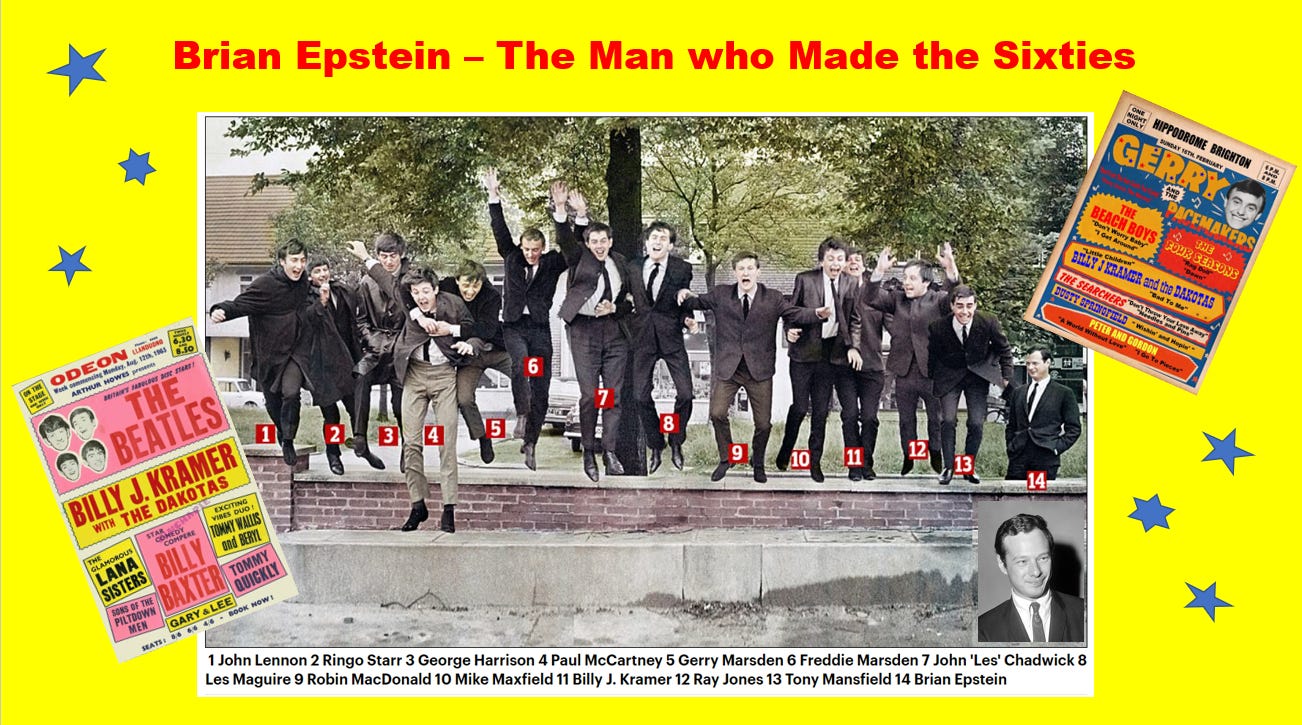
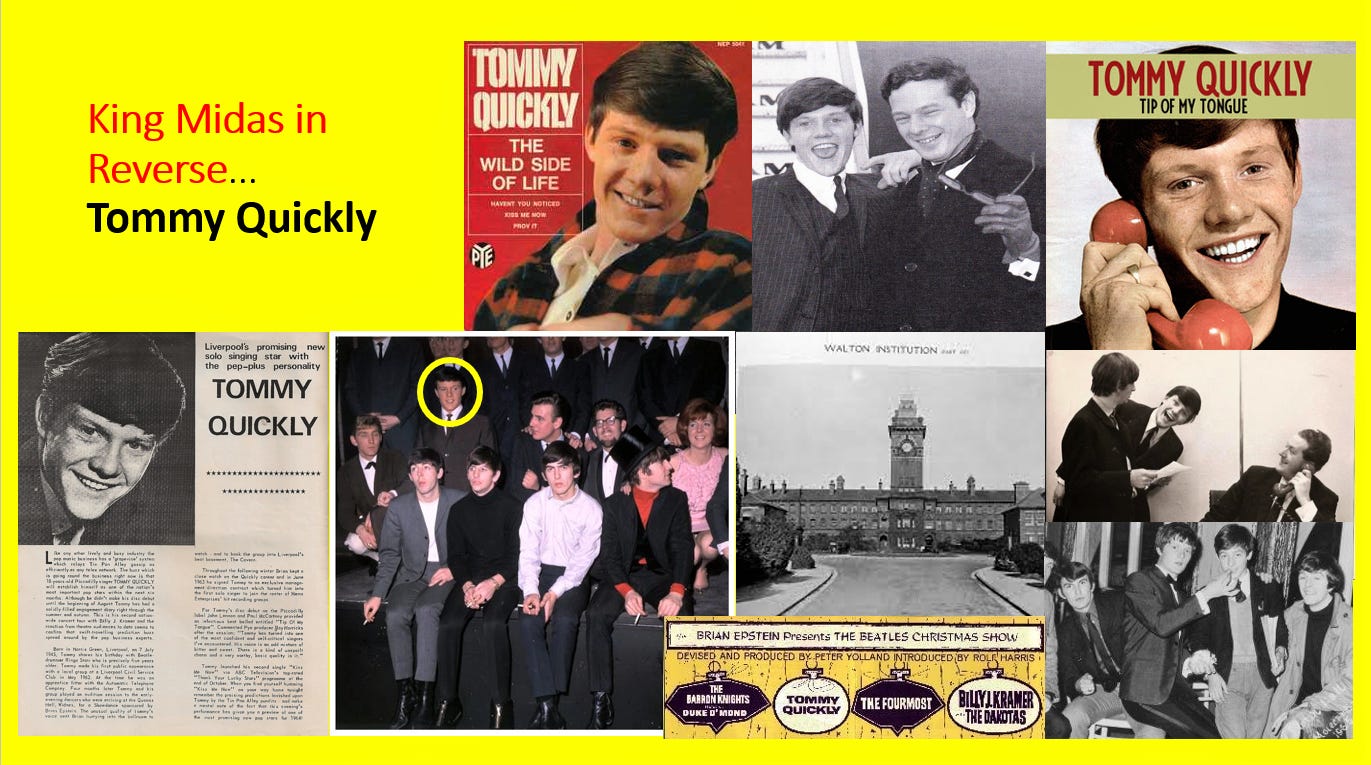
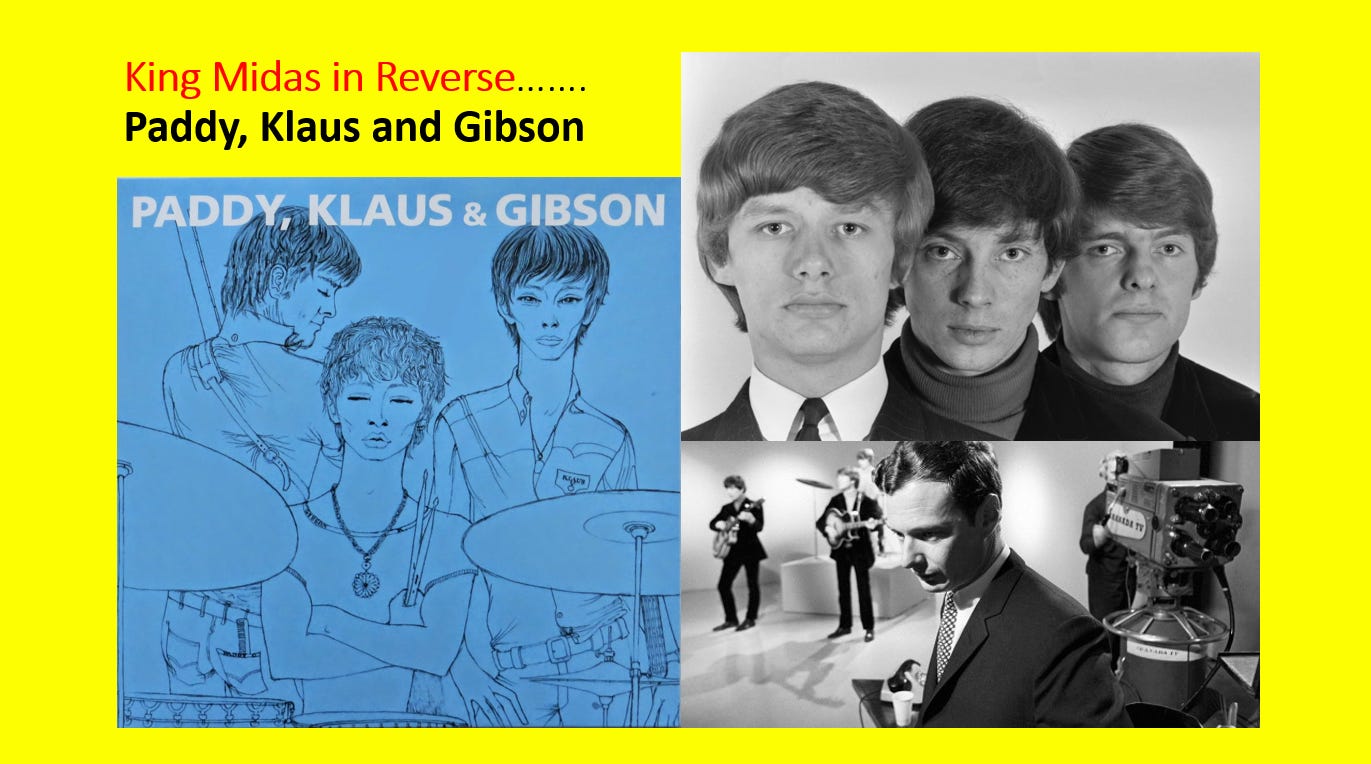
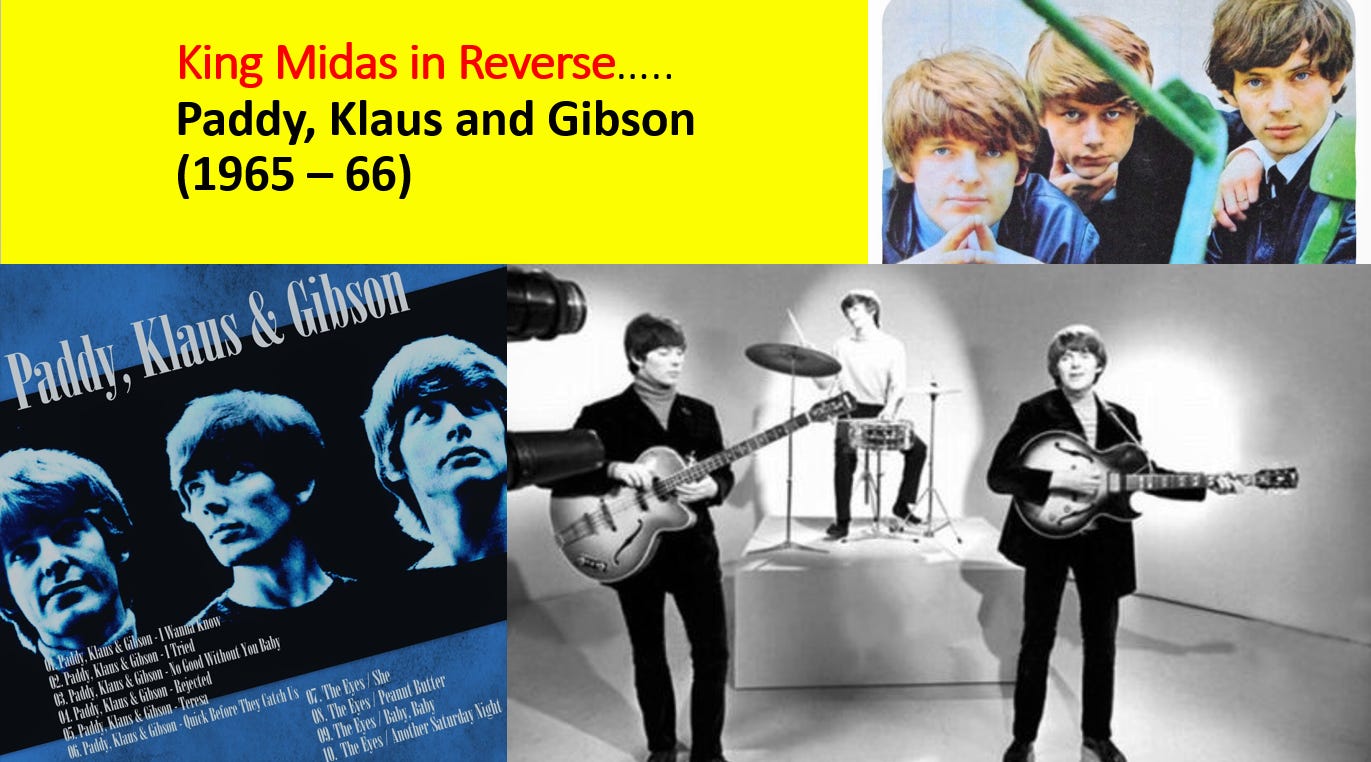
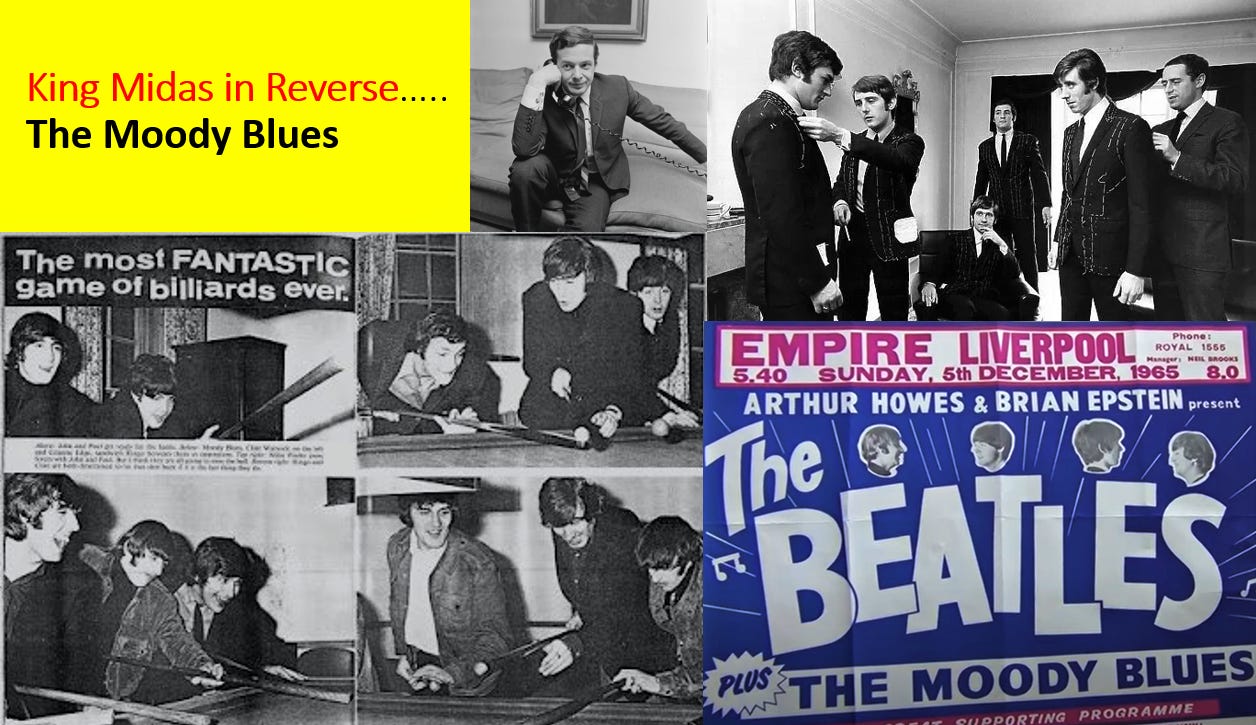
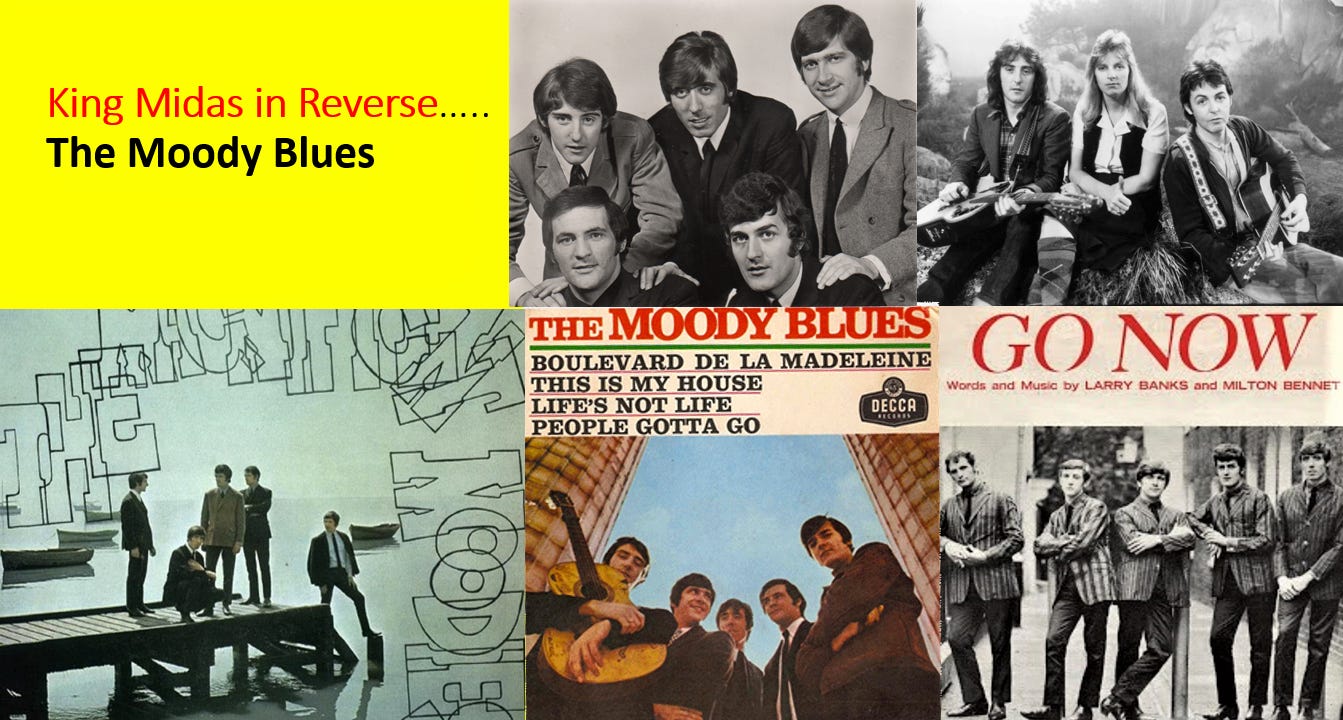
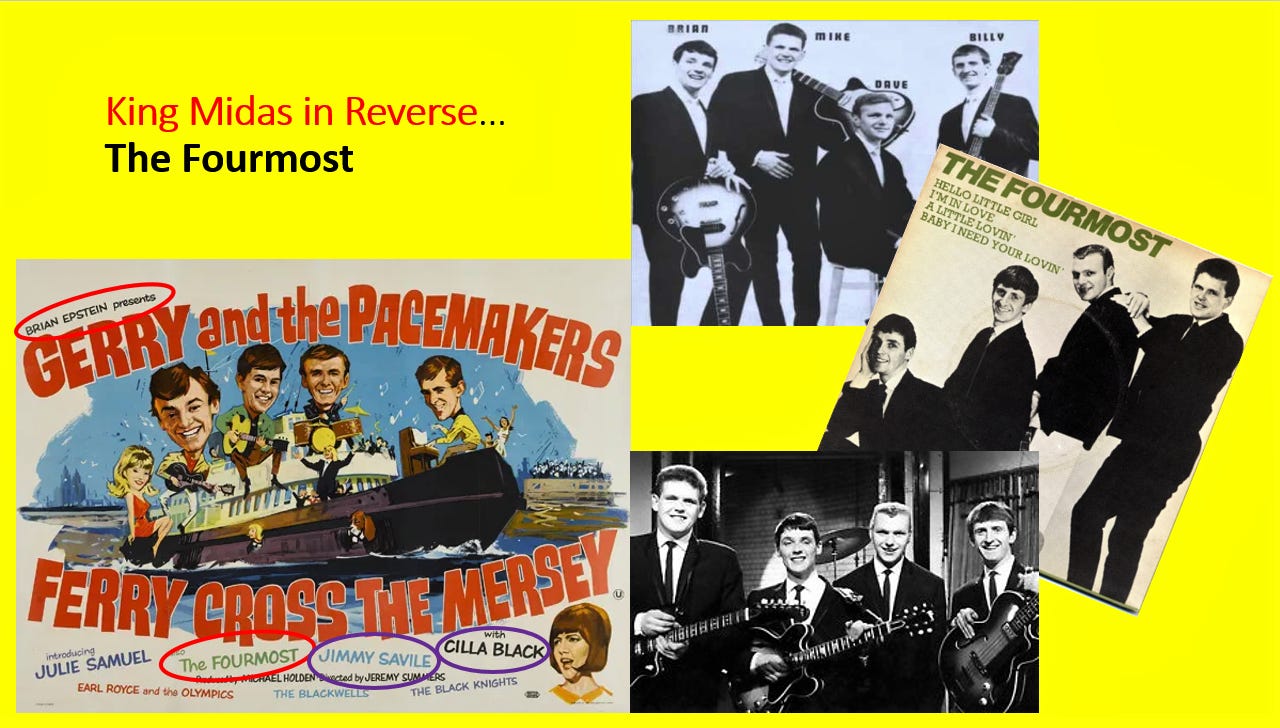
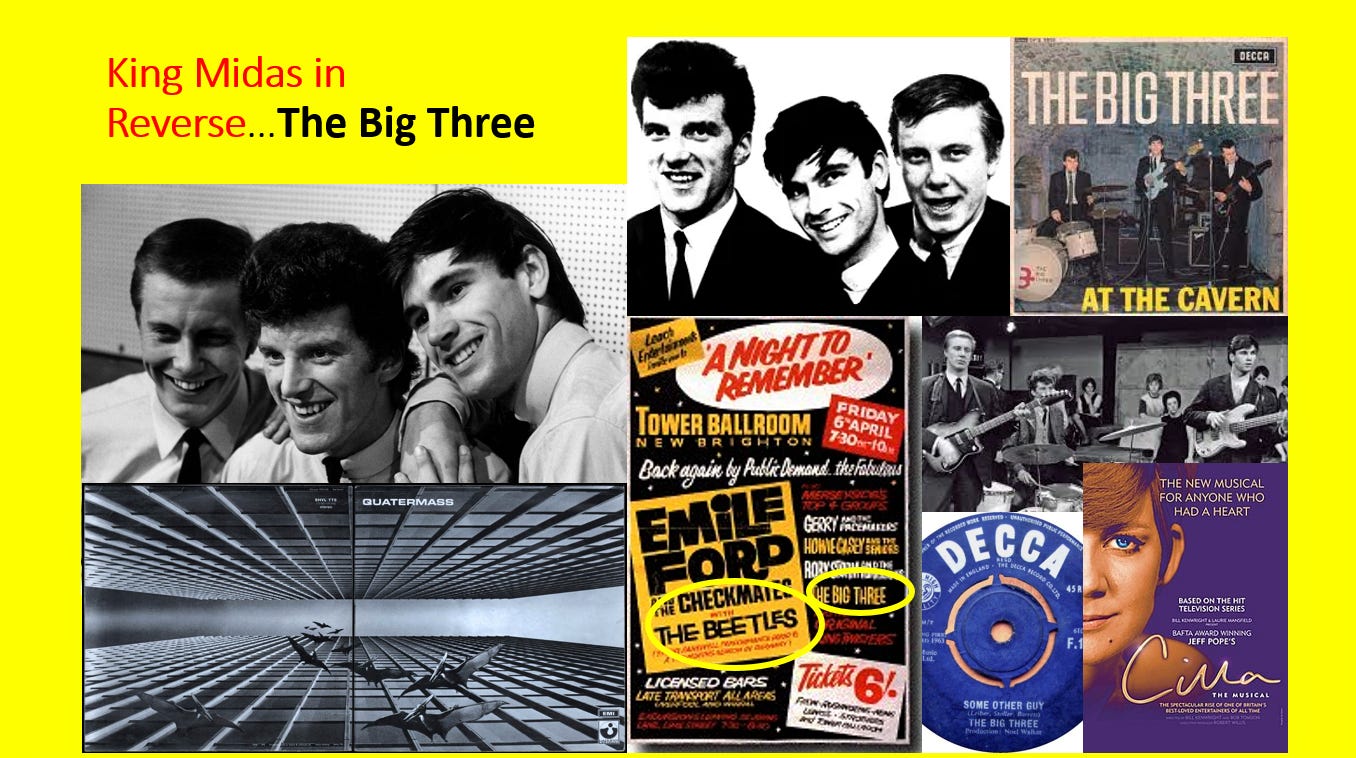
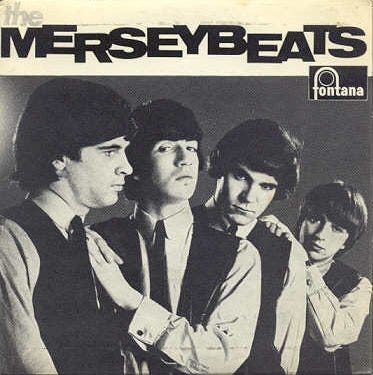
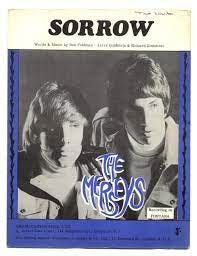

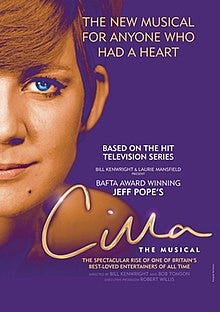
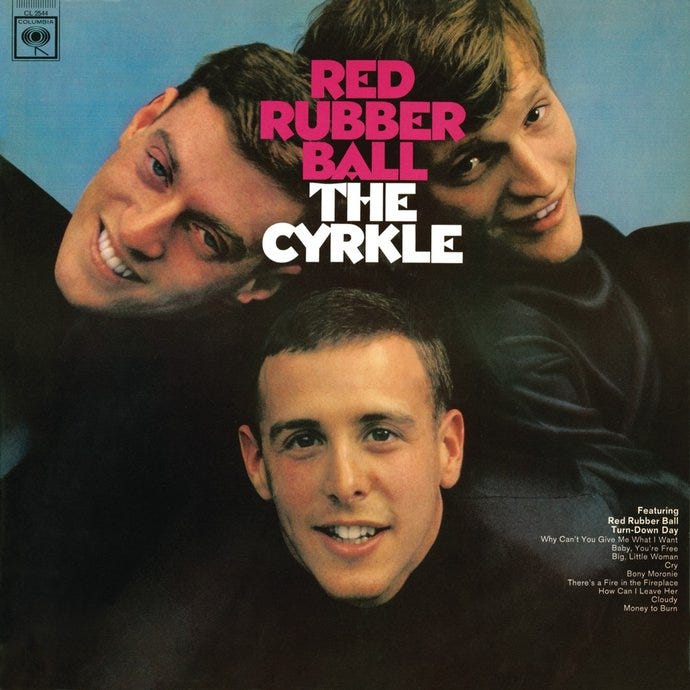
Great work